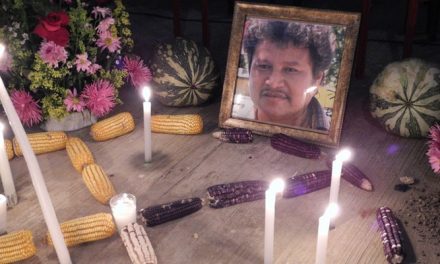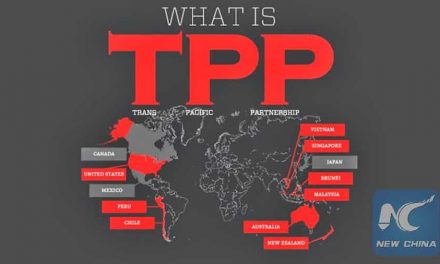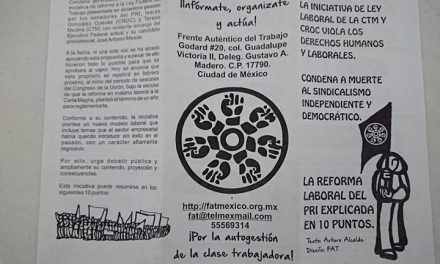Open letter to the president of the world bank – Dr. Jim Yong Kim
Common Frontiers along with 313 other organizations from around the world sent a letter to the president of the world bank, Dr Jim Yong Kim rejecting his statements when he suggested the murder of Berta Cáceres in Honduras is collateral damage in their work… “you cannot do the work were trying to do and not have some of these incidents happen.”
Dr. Jim Yong Kim
President
World Bank Group
Ref: Statements on April 6th, at the Union Theological Seminary in New York on “the Principle of Mercy”
Dear Dr. Kim,
We, the 313 undersigned organizations and 31 individuals wish to express our rejection of your statements made on April 6th, at the end of your speech at Union Theological Seminary in New York. As seen in a video made public when responding to a question about the impacts of large dam projects as illustrated by the murder of Berta Cáceres in Honduras, you state, among other things, that “you cannot do the work we‟re trying to do and not have some of these „incidents‟ happen.”
Regarding your unfortunate response, we would like to clarify the following:
- According to the World Bank‟s internal policy, the Bank and other financial institutions must ensure respect of human rights in the projects they finance.1 Claims concerning these kinds of violations, should be addressed with utmost seriousness, in order to prevent, investigate, and when necessary sanction and provide reparations for such violations, ensuring that measures be adopted so that they never occur again. The respect for human life is not a political issue.
- The murder of Berta Cáceres is a brutal and unacceptable act, which cannot be considered an “incident.” Since 2009 Berta Cáceres was a beneficiary of precautionary measures issued by the Inter-American Commission on Human Rights (IACHR), in order to protect her life and personal integrity.2 In recent years, she was victim of threats and harassment due to her efforts to defend the Lenca territory from the Agua Zarca hydroelectric project. In fact, thanks to her complaints the World Bank and Chinese investors withdrew from the project in 2014. However, Honduran authorities did not implement the necessary actions to address the problems exposed by Berta. If these problems had been adequately addressed by the Honduran authorities, her murder could have been prevented.
- In your statements you suggest that hydroelectric energy is the only alternative to coal and other controversial sources of energy. But this is not the case. Thanks to technological advances, many alternatives to thermoelectric, nuclear and hydroelectric energy are being successfully implemented all over the world. This is evidenced in the recent report Global Trends in Renewable Energy Investment 2016, for which you authored the prologue, which explains that in 2015 the world increased its production of wind energy by 62 GW, solar energy by 56 GW, while only 22 GW of capacity was added from large dams.3 We consider that governments and financial institutions that decide on the projects linked to energy generation must apply evaluation procedures that contemplate the various options available, weighing the social benefit or costs for the communities that inhabit the places where these projects are to be implemented, and ensuring that their rights are respected. Until now, this analysis has been vastly inadequate.
- Regarding the impacts caused by large dams, you mentioned that the people relocated due to these projects could end up in a situation that is “as good as or better than the situation they were in”, but experience has shown that this is not the case. Large dams financed by the World Bank have not served the interest of the poor, rather very much to the contrary.4 The World Commission on Dams itself stated in 2000 that the “poor, vulnerable groups and future generations are likely to bear a disproportionate share of the social and environmental costs of large dam projects without gaining a commensurate share of the economic benefits”.5 It should be recalled also that, due to public pressure associated with its impacts, the World Bank stopped financing large dams in the mid-90s. However, in the 2010s a renewed and frenetic support of these enormous infrastructure projects took place. Even with a renewed attitude, the majority of the benefits from the construction of large dams continue to be for large companies, to the detriment of the interests of communities and people who they were supposedly designed to benefit. This was demonstrated once more with the abhorrent murder of Berta Cáceres. As you pointed out in your speech, “climate change is a terrible and horrible situation.” Faced with this new challenge, we must focus on sources of energy that are gentle to our environment and to the people who depend on it. These sources exist and are available. The World Bank, as a global organization at the service of those who are most in need, has the duty to lead and be part of the change.
As organizations working tirelessly to stop human rights violations and harm to the environment, we reject your assessment of the murder of leader Berta Cáceres and we demand that you correct your statements. Furthermore, we urge you to apologize to Berta Cáceres‟ family and to the community of civil society organizations, human rights defenders, indigenous, afro-descendant, and rural communities, among others, that have been affected by your statements. We thank you beforehand for your attention to this urgent matter and we await your response.





